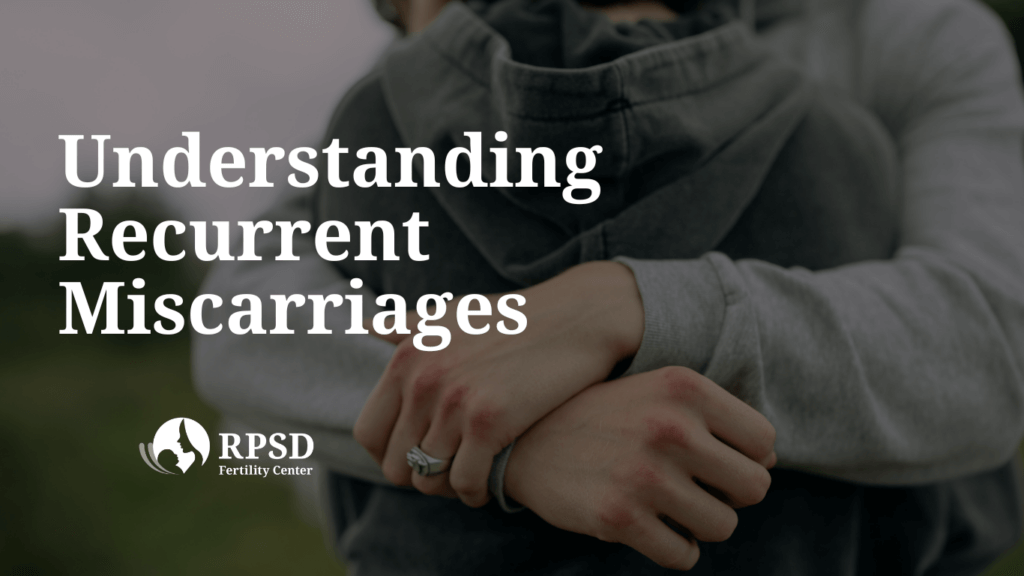
Experiencing a miscarriage is a heartbreaking event, and when pregnancy loss happens multiple times in a short period, the emotional and physical toll can be overwhelming. Recently, Bachelor star Nick Viall and his wife shared their story of enduring two miscarriages in two months. This tragic situation has shed light on the struggles many couples face with recurrent pregnancy loss. Dr. Li-Shei Lin, a leading fertility specialist at RPSD, answers some of the most pressing questions about multiple miscarriages, their causes, and the next steps for hopeful parents.
Dr. Lin: Suffering multiple miscarriages can be incredibly distressing, leading to feelings of grief, anxiety, and even depression. It’s completely normal to experience immense sadness and emotional exhaustion, even for those who are usually resilient. The sense of loss can also cause strain in relationships, as both partners may grieve differently. If these feelings persist, seeking support from a therapist or physician is crucial. In some cases, a short course of antidepressants may be helpful in managing prolonged sadness or anxiety.
Dr. Lin: The first step after experiencing recurrent pregnancy loss is to visit a fertility specialist or gynecologist to determine if there is an underlying cause. Standard testing includes evaluating genetic, hormonal, or anatomical factors that may contribute to pregnancy loss. Identifying a treatable issue can provide reassurance and a plan for moving forward.
Additionally, I recommend taking time to heal both physically and emotionally before trying to conceive again. Partner support, therapy, and self-care are essential during this period. If grief becomes overwhelming, professional mental health support can be invaluable.
Dr. Lin: If no clear cause is found, assisted reproductive technologies such as in vitro fertilization (IVF) with preimplantation genetic testing (PGT) can help increase the chances of a successful pregnancy. This process ensures that only chromosomally normal embryos are transferred, reducing the risk of miscarriage. Fertility treatments, including hormone therapy and advanced embryo screening, may offer hope to those who have experienced multiple losses.
Dr. Lin: Multiple miscarriages affect not only the individual experiencing the loss but also their partner and relationship. Open communication, emotional support, and counseling can help couples navigate this challenging journey together. Some couples find comfort in fertility support groups or speaking with a therapist who specializes in pregnancy loss and reproductive health.
Recurrent pregnancy loss is a devastating experience, but advances in fertility care and reproductive medicine offer real hope. If you or someone you love is struggling with recurrent miscarriages, consulting with a fertility specialist can provide clarity and options. At RPSD, we are committed to compassionate care, helping couples achieve their dream of parenthood with personalized treatment plans.
For more information about fertility treatments, IVF, and pregnancy loss support, contact RPSD today to schedule a consultation with one of our specialists.
Our skilled fertility specialists are here to help. Contact us today and let’s discuss the next phase of your fertility journey.